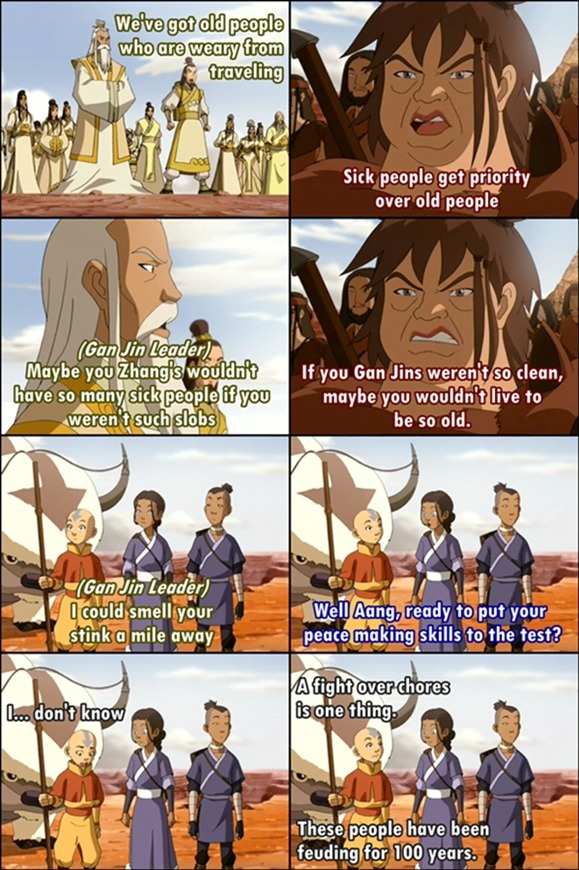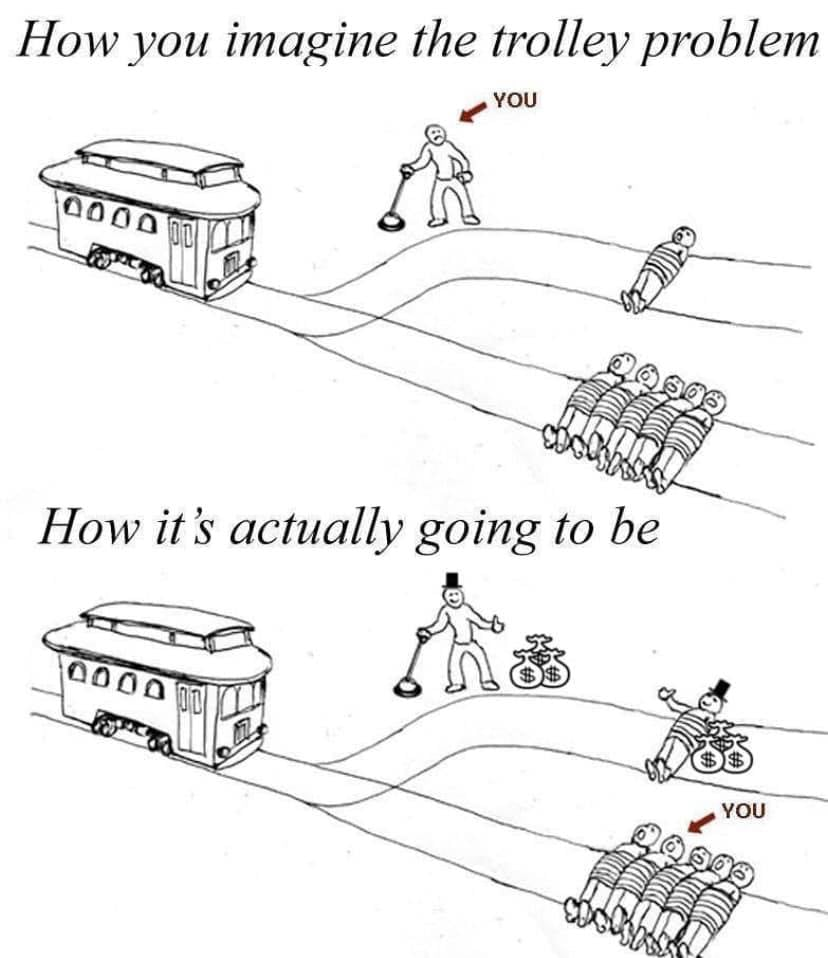Unless you’re isolated from the world, we always find ourselves bombarded with ethical questions. What would a good person do in my situation? Why should we care? How much should we care? Why is one choice better than the other?
I’m glad I was recommended this book called ‘How to be perfect’ by Michael Schur, for a monthly online book club (non-fiction session). The title doesn’t sound like something I’d pick up if I came across it in the store, but this was an absolute gem! A comedic and heart-warming book disguised in philosophy. Diving deep into moral philosophy, you’d realize that drawing the ethical boundary is an impossible task for even the greatest minds in history. But we try!
I freaking love the writing style of the entire book. The way the Schur tells the story and distills tough philosophical concepts and arguments into humour a dummy like me could understand, was immaculate. I feel like the Schur would make a really good teacher, pal, and a good human being in general. It’s also a perfect book if you’re looking for a light after-work read.
Here’s my rendition of a summary:
School of thoughts:
** Virtue Ethics **: Aristotle believes the goal of life is to flourish (to feel complete), and to do so we must attain lots of virtues, in ideal amounts. By virtues, we mean qualities that make us good at being human (ie. generosity, courage, honesty), and we attain them by doing. Hardest part is to identify ‘right amounts’ and you can only find that balance through practicing, failing, evaluating, trying again endlessly, until you develop fluency/control of that virtue which helps you adapt in many unfamiliar situations.
** Utilitarian **: best action is whatever makes most happiness - Many flaws: causation/correlation, hard to quantify happiness
** Deontology **: Immanuel Kant believes that we should use pure reasoning to come up with a moral rule (a maxim that you’d be ok with being a universal law - e.g. breaking law is immoral because the world would be lawless if everyone follows, and lying is bad because if everyone in the world lies then all trust and communication fails), then act out unflinchingly to follow those rules. As long as those rules are followed, you have acted morally, even if it ended up bad. It disregard results, as long as intent is good. - flaw: Kant tells us to ignore emotion and use pure reasoning. Leads to decision paralysis, because sometimes you just have to trust your gut. Kant also tells us not to lie - but you’re allowed to go around the lie (ie. rather than saying the shirt is ugly, point out a better shirt or invite them for shopping). - Scanlon’s version: find a common ground that you think no one would disagree. Treat everyone’s interest equal to yours. Unlike Kant, you’re imagining a negotiation instead of coming up with universal law.

** Ubuntu**: african philosophy, that a person is a person through other people. We exist through others. We’re a tiny part of a larger whole. We owe our existence to others, including those in the past generations.
** Pragmatism**: all about the ends and consequences, rather than the intention. If the end is good, and it practically makes no difference how you get there, then it’s good.
** Existentialism**: philosophy about meaninglessness of life, and absurdity that we desire meaning. If there’s nothing but our existence, then we’re held responsible for our own (it frees from any social beliefs, rules, identity, traditions..). All we are is our choices. - Camus believes acknowledging the absurdity and just living with it is better than trying to force meaning through social structures like work/family/religion because it weakens that freedom and is a denial of the essence of our existence. He tells us to imagine Sisyphus, who’s condemned to push a rock up the hill indefinitely, as a happy guy because he can only acknowledge the absurdity, thus freeing him from any illusion of meaning and just live with it. - Flaw: not everyone have luxury of choice.
Interesting dillemas
Trolley problem: if it’s better to sacrifice 1 to save 5, what’s different between pulling a lever vs pushing someone vs killing someone for their organs? outcome is the same if you use utilitarian. But from deontologic perspective, regardless of the outcome, the intent of using someone else as a means to an end is a big no.

(source)
Q: Should you get your hands dirty if its for the greater good?
Q: Is it ok to tell a white lie? (ie. raincheck)
Q: What’s the limit of being good
In the extreme case, a utilitarian saint will always spend his time for most happiness (of others) instead of living for himself. Aristotle would say too much virtue is bad.
When millions are in poverty, no safety from war, clean water, food, heat,… should we consider helping more instead of buying the new iphone we don’t really need? Personally I asked this a lot, growing up as the privileged few in a developing country. It’s nonetheless good to remind ourselves that we are fortunate, and shouldn’t feel too complacent/entitled.
Moral choices depend on context and circumstances. Sad truth is most people fail to be virtuous because of their situation (starving, disease, war), not because they’re incapable of developing virtue. Having social advantage is like starting ahead in a race. If you’re well off, admitting the role of luck (gene lottery, place, time, circumstances) doesn’t diminish our achievements - but you have the duty to pick up the slack and levelling the playing field, because we can afford doing little extra.
Q: Why do we feel like we’re entitled for a recognition/credit of a moral act? Is there value in doing it anonymously? Why are we looking for rewards when the moral act is supposed to reward others? Why are we so lame/selfish
In perspective of Bodhidharma: true happiness comes from being present. Do things without purpose other than doing them, not as a means to an end (ie. fame/recognition). (sometimes I felt this when I try to share my hobbies. It feels superficial as soon as you share them)
Counter Argument: by publicly announcing your deeds, you hope that those actions spread.
Counter Argument 2: pragmatism, if the outcome is good overall, then go for it.
But still careful that you don’t seek external validation too much. Otherwise you’ll start chasing for the wrong things.
Guilt vs shame. How we become better?
Guilt is how we police ourselves. Listen to our guilt.
Guilt is internally feeling bad for what we did (little voices in our heads), whereas shame is judged externally through others for who we are. Shaming others for their bad deeds isn’t effective, because they up their defence. How do we rely on our own guilt? conversations! Although shaming others isn’t good, if someone say something you don’t agree with, don’t remain silent. If we genuinely want them to flourish and train their virtues, Aristotle would say that some amount of shame is good.
Being good is pain in the ass. Can we break rules sometimes? (ie. jaywalking, free-riding train)
Author argues that we’re encouraged to do so, as long as: 1. It doesn’t harm others 2. Acknowledge that we did something bad.
About point 2, we want to be cautious of ‘overton window’ (when simple things compound and escalates over time) slowly making us a selfish person. (ie. jaywalking -> littering -> illegal parking -> cheat taxes, embezzle money, cheat on partner, smuggle rhinos…). Pin those bad deeds in our wall to remind us
It’s difficult to be good, but know that it’s possible if we choose to spend the time and energy.
I really like this argument about guilt being our little voices we should listen to. Personal example I relate a lot to is whenever I do something bad to the environment and I know have compounding affects - such as riding a car, airconditioning on a hot day, printing papers. Sometimes we excuse ourselves because that’s what’s convenient but we do have to recognize them and feel guilty. It’s an important signal that we are doing something wrong with our values.
Q: Should we enjoy things from people we don’t like? Can we admire someone that does sexual assaults, drugs, homophobic.. do we indirectly support these actions if we enjoy/consume the person’s work?
Thoughts
As someone who grew up with a religion (buddhism), I never really studied about ethics beyond those doctrines. This book left me questioning my choices in a more realistic way. If there’s one thing I learned from all the ideas of moral philosophy, it’s that a perfect human being doesn’t exist.
We will (and encouraged to) make lots of bad decisions, mistakes, break rules. That’s how you learn. Practicing virtue is a terribly difficult battle to win that continuously requires you to redraw the line for ourselves every time we feel contradictions in our beliefs. However, the key for failing is to acknowledge them, apologize, don’t turn a blind eye at guilt, don’t feel entitled. As tempting as it is every time life shouts “Stop caring!” at you, don’t stop trying to be good.
The author believes that understanding morality helps you stay safe from traps of modern life like selfishness, cruelty, hypocrisy, snobbery… It’s soo easy to get trapped in our little brains, and not think about others. But let’s first realize that we’re sharing our lives together with 8 billion people. It doesn’t have to be the big issues like climate change (although yes we’re all deeply worried about that), we should simply care because we exist through others and we owe each other our goodness.
The author left us with a good quote:
Know yourself. Nothing in access
Basically, check in with yourself regularly, who you are and what’re your values. Then practice virtues at the right amount.